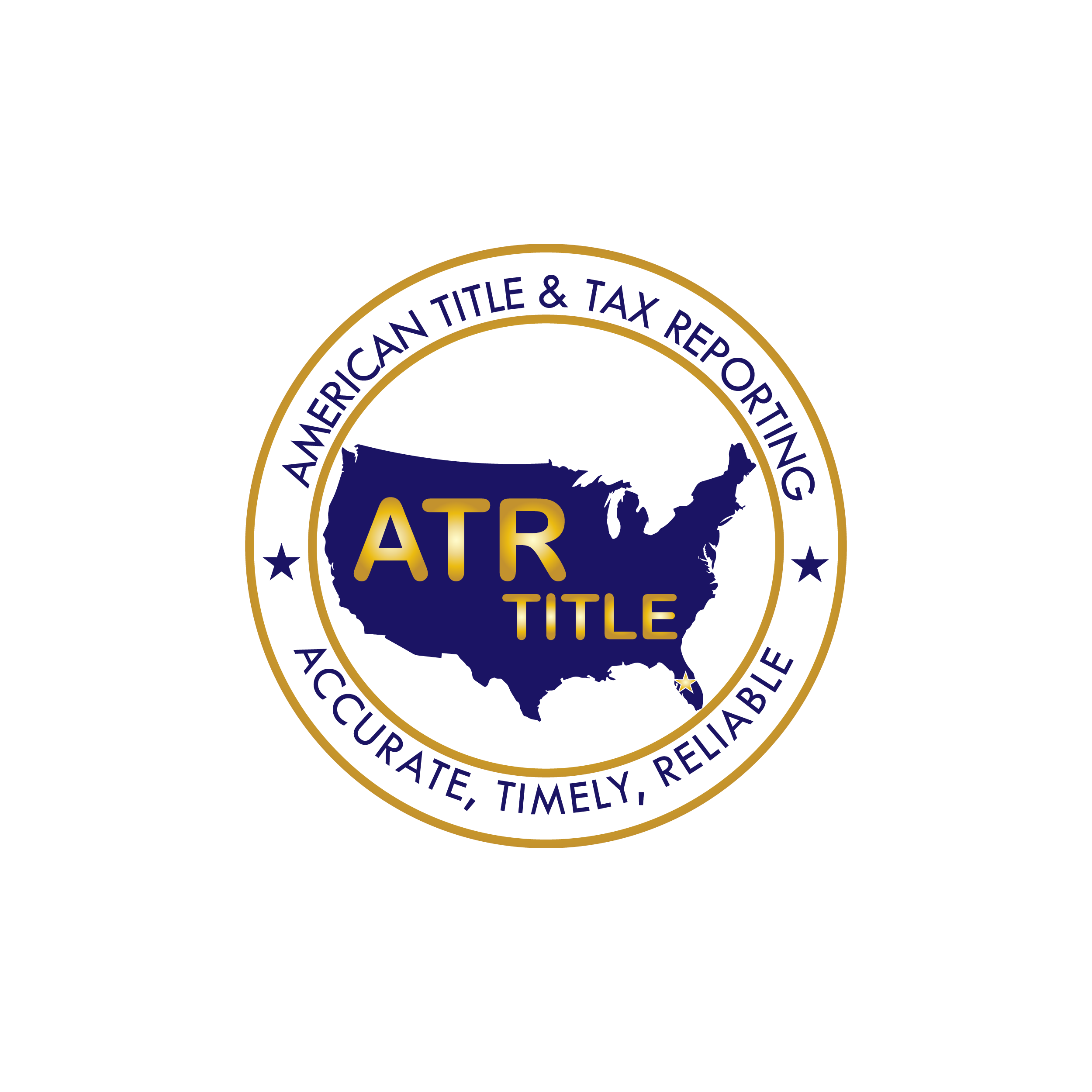Why Retirees and Second-Home Owners Are Prime Targets for Title Theft

Imagine waking up one day to find out that the deed to your home has been transferred—without your knowledge. Title theft, also known as deed fraud, is a growing crime in which fraudsters forge documents to transfer ownership of a property and then attempt to sell it or borrow against its value. It’s a serious threat that often goes undetected until it's too late.
While anyone can be a victim of title fraud, retirees and second-home owners are especially at risk. Their properties are often mortgage-free, less closely monitored, and in some cases, unoccupied for months at a time—making them ideal targets for criminals looking for a low-risk, high-reward opportunity.
Fortunately, there are ways for these vulnerable homeowners to protect themselves and their assets. An inexpensive title monitoring and alert service can provide a powerful layer of protection for these properties and their owners’ peace of mind.
What Is Title Theft?
Title theft—also known as deed fraud—is a form of property crime in which someone illegally transfers ownership of your home without your consent. This is usually done by forging your signature on documents that are then filed with the county or local recorder’s office, making it appear as though the fraudster is the rightful owner.
Once the fraudulent transfer is recorded, the criminal may try to:
- Sell the property to an unsuspecting buyer
- Take out a mortgage or line of credit against the property’s equity
- Use the property as collateral for other financial scams
The most alarming part? Many victims don’t realize what has happened until they receive a notice of foreclosure, see unusual financial activity tied to the property, or are contacted by someone claiming to be the new owner.
Because property records are public and don’t always require in-person verification, it’s surprisingly easy for a determined scammer to exploit these systems—especially when the rightful owner isn’t actively watching for changes.
Why Retirees and Second-Home Owners Are Prime Targets
Retirees and second-home owners often find themselves at the top of the list for title theft scams – not because of anything they’ve done wrong, but simply due to the nature of their lifestyle and property ownership.
Here’s why they’re especially vulnerable:
· They Often Own Their Homes Outright. Retirees and second-home owners have often paid off their mortgages, which means there’s no bank or lender actively monitoring the title. This leaves the property more exposed, with fewer safeguards in place to detect suspicious activity.
· Extended Time Away from Home. Many retirees travel for long periods and second-home owners often split time between multiple residences. A vacant or less frequently visited home is a much easier target for title theft, especially if mail isn’t regularly checked or forwarded.
· Fixed Incomes and Limited Legal Resources. For many retirees, even minor legal battles can become financially and emotionally stressful. The cost of reversing title fraud – if even possible – can be significant, making prevention all the more important.
· Complex Ownership Structures. Vacation homes or investment properties may be held under trusts, LLCs, or shared ownership – structures that can be harder to manage and easier to exploit if not regularly reviewed or protected.
Protecting these homeowners from title theft isn’t just about securing property – c it’s about protecting financial stability, personal dignity, and peace of mind. Recovering from title theft can be financially and emotionally devastating.
The Devastating Impact of Title Theft
Title theft isn’t just a legal issue – it can be a life-altering event. For many homeowners, discovering that their property has been stolen on paper brings a wave of financial, emotional, and legal consequences that can take years to resolve.
Here’s what’s at stake:
· Financial Loss and Legal Costs.
Victims of title fraud often face expensive legal battles to reclaim ownership or remove fraudulent liens. In some cases, scammers may have already taken out a mortgage or sold the property, leaving the rightful owner in a legal and financial mess. Even if the issue is eventually resolved, the cost of attorneys, court fees, and time off work can add up quickly.
· Long, Stressful Disputes
Resolving deed fraud is rarely quick. Property owners may spend months – or even years – navigating legal systems, gathering documentation, and working with law enforcement to undo the damage. During this time, they may be unable to sell, refinance, or even live in the affected property.
· Emotional Distress and Loss of Trust
The shock of learning your home – perhaps your retirement haven or family vacation spot – has been stolen can be deeply traumatic. Victims often report feelings of violation, confusion, and helplessness. Trust in public systems and personal security can be shaken for good.
While title theft is a crime that hides in the shadows, its impact is painfully real. That’s why awareness and prevention are critical – especially for those most at risk.
Why Early Detection Is Key
When it comes to title theft, timing is everything. The earlier suspicious activity is spotted, the better the chances of stopping fraud before it escalates into a legal and financial disaster. Unfortunately, most victims don’t realize something is wrong until it's far too late – often when they try to sell or refinance their home, or they receive an alarming notice in the mail.
The unfortunate truth is that fraud moves quickly. Once a fraudulent deed is recorded, scammers may immediately attempt to sell the property or use it as collateral for loans. Catching changes to your title early can prevent these next steps from happening—and protect your equity and ownership rights before they’re compromised.
Legal remedies are stronger when action is prompt. The faster you can prove and respond to fraud, the stronger your legal position. Quick action often allows for more straightforward reversal of false documents and limits the need for protracted litigation.
Official notifications are often rare or slow. County offices typically don’t verify the legitimacy of documents – they simply record them. And unless you’re regularly checking the public record (which most people aren’t), you may never know a change has occurred. That’s why proactive monitoring is essential.
In short, early detection turns potential disaster into a manageable inconvenience. It’s the most powerful tool homeowners have in the fight against title fraud—and it starts with awareness and the right protection in place.
Stay One Step Ahead of Title Fraud
Title theft is a serious, growing threat – especially for retirees and second-home owners whose properties may be more exposed due to lifestyle or limited oversight. While the crime itself can unfold quietly, its effects are loud and lasting: financial hardship, legal headaches, and emotional stress that no homeowner should have to face.
But there’s good news: title fraud is preventable. With a simple, affordable monitoring and alert service, homeowners can safeguard their property titles, catch suspicious activity early, and take swift action before real damage is done.
It’s easy and affordable to protect your property. For a low monthly or yearly fee, you can subscribe to a title monitoring and alert service that will provide the security and peace of mind that comes from knowing your valuable assets are protected. Visit My Property Report to get started today.
Your home is your legacy – don’t let someone else write their name on it.
